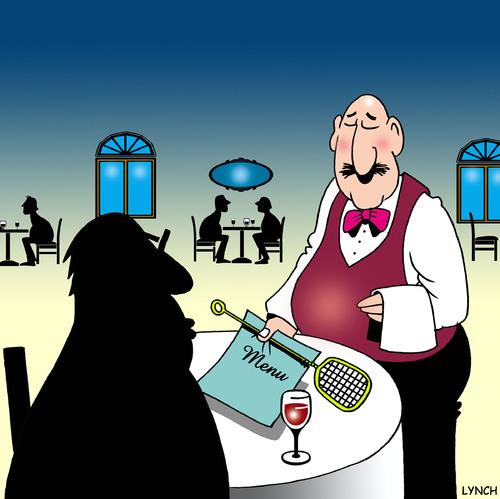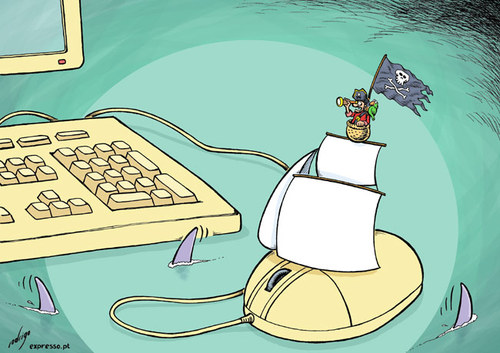
Over 65 and not worried about heat? You should be
This week's heat wave may be uncomfortable, but you're healthy, active and feel just fine. So what if you're over 65? Think again. Feeling good doesn't mean you're safe.
There are changes in an older person that raise the risk for heat stroke and other problems. An older body contains far less water than a younger one. Older brains can't sense temperature changes as well, and they don't recognize thirst as easily.
Blistering summer heat is an underappreciated killer, claiming by some estimates as many as 1,000 U.S. lives each year — more than any other type of weather.
One federal study found 40 percent of heat-related deaths were in people 65 and older. Those numbers could be lower if more heeded heat warnings aimed at seniors. Yet research has shown many people over 65 don't think the warnings apply to them — because they don't think they're "old."
Don Worden is 79 and an avid tennis buff who prefers playing doubles on outdoor courts along Chicago's lakefront — even in oppressive 90-degree temperatures like those hitting the Midwest this week.
"I don't pay too much attention to those" warnings, Worden said. "I stay in pretty good shape, and I don't feel they apply to me."
Worden said he drinks a lot of water and would stop a match if he started feeling effects from the heat, "but that hasn't happened."
Scott Sheridan, who studies the effects of heat and climate on health at Kent State University, researched how people over 65 view heat warnings. In his 2006 study of more than 900 people, he found about 70 percent knew about advice to drink plenty of water on very hot days, avoid outdoor activities and stay inside with air conditioning. But only about half said they followed the advice.
"People well into their 70s would say old people should watch out but not them," he said. "People just didn't want to be thought of in that same category."
Dr. David Zich, an emergency medicine specialist at Northwestern Memorial Hospital, said he has colleagues in medicine that age who shun being thought of as "elderly." But those heat warnings apply to them, too.
As Dr. William Dale, geriatrics chief at the University of Chicago Medical Center explains it, "Any older adult has less reserve and is more likely to become dehydrated than others, just because their overall body water goes down with age no matter how healthy you are."
The amount of water in the body declines with aging, from about 80 percent in young adulthood to about 55 to 60 percent for people in their 80s, Dale said.
Temperature sensors in the brain become less sensitive as people age, so the body doesn't get the same signals to drink water in hot weather, and older people often don't feel thirsty even when they need to replenish, Dale said.
They also may not feel the typical symptoms of dehydration, such as headache or dizziness. Some complain of just feeling "bad" and think they're getting sick, he said.
Conditions were ripe for those types of complaints Tuesday as a dense dome of hot air remained parked over much of the nation's midsection, raising temperatures into the mid- to upper-90s from the Texas Gulf Coast to the Rockies and the northern Plains. Tropical-level humidity raised the heat index in many places to nearly 120 degrees.
In South Dakota, up to 1,500 head of cattle died across the state from the heat. And in eastern Iowa, the scorching sun caused a portion of Interstate 380 to buckle. The weather also sent dozens of people to hospitals, canceled outdoor sporting events and caused sporadic power outages.
In such conditions, dehydration can lead to heat exhaustion and potentially deadly heat stroke. During a heat wave, that can happen in a matter of hours in older people if they over-exert themselves, don't drink enough water or are frail and don't get out of uncooled homes, said Dr. Chris Carpenter, an emergency medicine physician at Washington University School of Medicine in St. Louis.
Heat exhaustion can cause muscle cramps, low blood pressure, rapid pulse and nausea. It can be treated at home, by drinking water, getting into an air-conditioned room or sitting in front of a fan and misting the body with cool water.
But affected people should be monitored for mental changes and to make sure their temperature does not rise above 102 because the condition can quickly lead to heat stroke. A medical emergency, heat stroke involves temperatures of 104 or higher and can cause seizures, loss of consciousness and death.
Medicines many older people take also may make them more vulnerable to the heat. These include diuretics for high blood pressure, which increase urination — and make it more important to drink plenty of water, Dale said.
Some types of drugs can interfere with sweating and raise body temperature, including some medicines for insomnia, nausea, prostate conditions, Parkinson's disease and even Benadryl. Many list "dry mouth" as a side effect — a tip-off to drink more water, Zich said.
There aren't specific guidelines on how much water older people should drink in a heat wave.
Dale said he generally tells his older patients to drink a quart of water throughout the day, and to drink even if they don't feel thirsty.
Doctors also advise older patients to avoid alcohol and coffee during extreme heat because they can cause the body to lose fluid and contribute to dehydration.











































